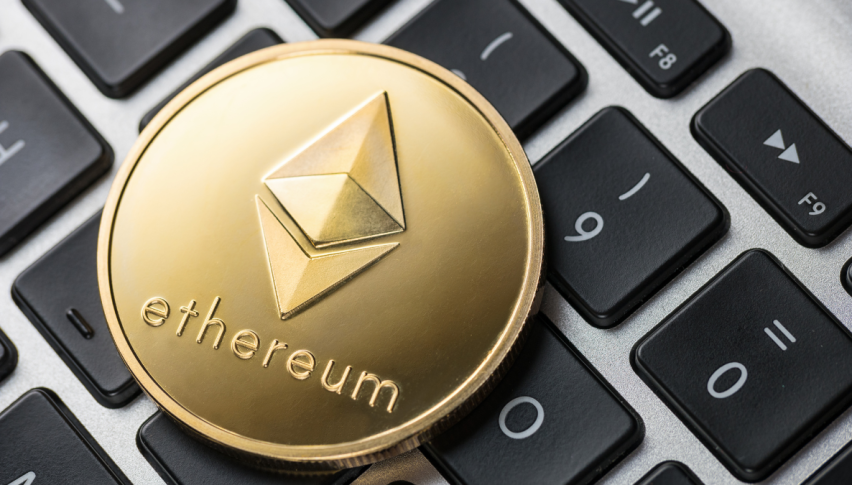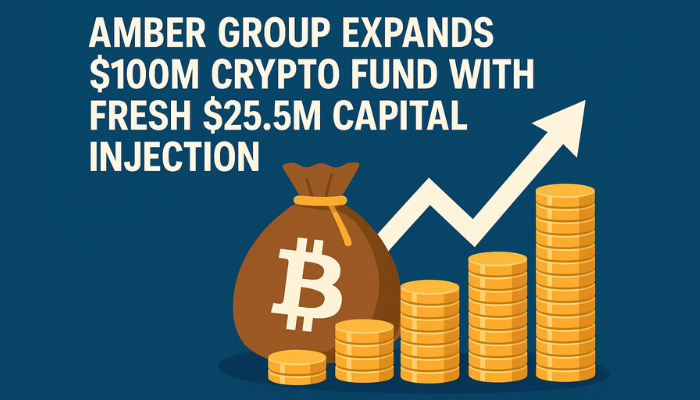Seven Cryptocurrency Alternatives to Ethereum You Should Know About

Ever since its appearance in 2015, Ethereum (ETH) has been one of the most popular blockchain technologies in the world. However, it is not only Ethereum’s high-level technology and unique vision that have made it so famous; multiple aspects make this blockchain stand out from all others. Yet, as revolutionary as it is, Ethereum has run into some technical issues that have forced many companies to look for better alternatives for deploying their dApps. But where should you start looking? Here’s a comprehensive overview of some of the top alternatives to Ethereum.
Cardano is also trying to rival Ethereum when it comes to being a decentralized platform. While Cardano isn’t as functional as Ethereum, due in no small part to the fact that Cardano was previously unfinished, there is still a lot of potential for this blockchain. And thanks to the second era of Cardano’s Shelley update, users can now launch their customized dApps on this blockchain. And the most exciting thing about this project is that it has some very prominent stakeholders who have yet to jump into the space, as many other billionaires have already done. It would be shocking if they didn’t start investing in Cardano in a big way, once they see the potential of this blockchain.
Binance Smart Chain (BSC)
The development of BSC is an impressive feat by Binance, and it is sure to make a strong case for itself in the second half of 2019. Binance sees its platform as the natural successor to the Ethereum network, which has not been able to cope with the demands of crypto and DeFi projects in recent years. BSC offers well-thought-out use cases, and its improvements over Ethereum’s design are significant and justified. If you’re looking for a platform to run your DeFi dApp on, BSC is the way to go. BSC’s uniqueness is merely on a technical level. It won’t be as revolutionary as Ethereum, but it will fulfill its purpose of becoming an efficient and stable platform for dApps and smart contracts to run on.
Avalanche (AVAX)
Avalanche is a new way for blockchain projects to do more than just being a cryptocurrency. The three-chain architecture of Avalanche allows for high throughput, low latency and excellent scalability for something called Proof-of-Elapsed Time (PoET) consensus, which is the first permissionless non-voting consensus protocol. This allows you to move without expending any energy or resources, while still being rewarded in the same way as if you were moving in the physical world. Because PoET isn’t a voting protocol, it doesn’t need rewards to work, so all advantages of Proof-of-Work (PoW) are retained, while all the problems are solved.
Solana (SOL)
Solana is for those who’ve had enough of Ethereum’s fees. It’s a viable, alternative blockchain platform that can be used to build applications, just like Ethereum or EOS. However, because it’s so new, it is likely that the ecosystem won’t be as robust or widespread as many other blockchain platforms at the launch, so users will have to make do with its early-adopter status for the foreseeable future. It’s an excellent candidate for building decentralized applications, due to its scaling framework, as well as for a host of other DeFi solutions. Overall, it has proven itself to be a reliable alternative to Ethereum.
Cosmos (ATOM)
Cosmos is a project that emphasizes the needs of both users and developers to create a scalable, easy-to-use and all-inclusive blockchain platform – one that can compete with Ethereum while shining in its own right. This is a promising project with plenty of potential to impact the blockchain industry as it grows, which is why we highly recommend that you give it some thought before making a final judgment. The Cosmos Hub is the first blockchain in this network, and it acts as a critical piece of infrastructure for all other blockchains. It facilitates cross-chain transactions and makes it easier for developers to launch their blockchains using built-in smart contracts, SDKs, and other software tools. These new blockchains are called Zones, and they are linked to the Cosmos Hub via the Cosmos Bridge Protocol.
Polkadot (DOT)
Polkadot is a very ambitious project, and it aims to become one in the future. It is undoubtedly a blockchain that could be worth keeping an eye on, especially if its team manages to deliver on some of its promises. The future still looks bright for Polkadot, although it remains to be seen whether the project will bring about substantial decentralized scaling shortly. We will have to wait and see what it is able to achieve in the future. Still, considering the potential of many of its features and a collective effort backing it up, it could very well become the number one alternative to Ethereum.
Tron (TRX)
Tron is still one of the most promising projects in the cryptocurrency community. Its platform allows for many different tokens to be created through smart contracts. The newly launched Super Representatives elections give power to content creators — bringing blockchain technology back to its roots of a decentralized community. If you want an Ethereum alternative that actually works and has already brought real value to the community, Tron is a project worth keeping an eye on.
Conclusion
Having had a look at all of Ethereum’s competitors, you should now have some knowledge with which to value the platform as it currently stands. Whether or not things will change when Ethereum 2.0 has been completely launched may be another story; one that can only be properly answered once the update is actually released into the wild, and those months leading up to this event are already speeding by. Until then, the seven options above should give you a better idea of what else is out there in this ever-growing blockchain market.
- Check out our free forex signals
- Follow the top economic events on FX Leaders economic calendar
- Trade better, discover more Forex Trading Strategies
- Open a FREE Trading Account


